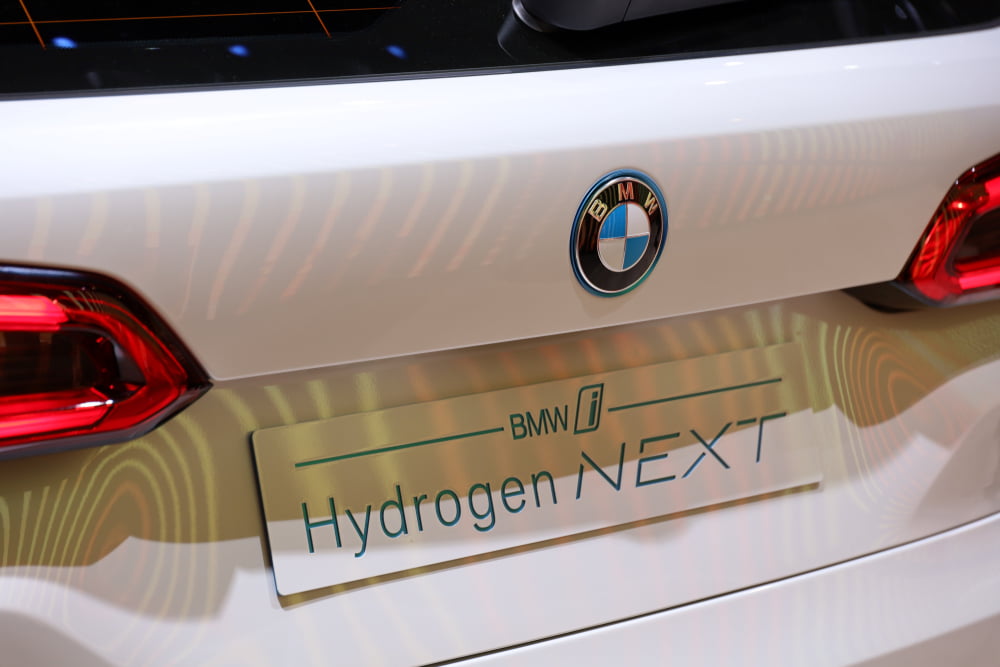Hydrogen as an energy source will play an important role in many regions of the world.
If BMW's plans become reality, the farewell to e-cars could come sooner than expected. The first small series of BMW hydrogen cars will be presented before the end of 2022. According to a spokesperson, the upper part of the X family, which is very popular with customers, is particularly suitable for this.
The carmaker is convinced that several alternative drive forms will coexist in the future, as there is no single solution that covers all the mobility requirements of customers worldwide. The hydrogen fuel cell drive could eventually become a fourth pillar in BMW's drive portfolio. With the first tests on the road of BMW hydrogen cars, it is now becoming concrete.
Hydrogen cars are powered purely electrically. According to the manufacturer, dThe driving experience is comparable to that of the well-known electric cars. Almost no engine noise and impulsive acceleration because electric motors provide full propulsion even at low revs.
short loading time
An important advantage is the short loading time. Depending on the charging station and battery capacity, fully electric vehicles currently take between 30 minutes and several hours to fully charge. The hydrogen tank of a fuel cell car, on the other hand, is full again in less than five minutes. This places vehicle availability and flexibility for customers at the level of a conventional car.
At the moment there is another advantage over pure electric cars. Hydrogen cars have a larger range. A full hydrogen tank is enough for about 500 kilometers. Battery-powered cars achieve this value with very large batteries, which in turn leads to a higher vehicle weight and longer charging times. The range of hydrogen vehicles is independent of the outside temperature and therefore does not deteriorate in cold weather.
"We have a chicken-and-egg problem with hydrogen propulsion"
To avoid this problem, BMW has joined forces with hydrogen producers and gas station operators in the Clean Energy Partnership initiative, at least in Germany. Together they want to expand the network of hydrogen filling stations to 2022 filling stations by the end of 130. In practice, this would allow about 60.000 hydrogen cars to drive on German roads. In 2025, the number of filling stations will be expanded to 400 locations. However, there should also be more and more filling stations abroad, so that hydrogen cars can not only drive smoothly in Germany.

War in Ukraine and skyrocketing energy prices. Green hydrogen is an attractive alternative to electric cars. The so-called green hydrogen is produced with sustainable and renewable energy, for example from wind or solar energy. In contrast, “grey” hydrogen is produced using fossil fuels, mainly natural gas. And their rate has skyrocketed as a result of the conflict in Ukraine.



